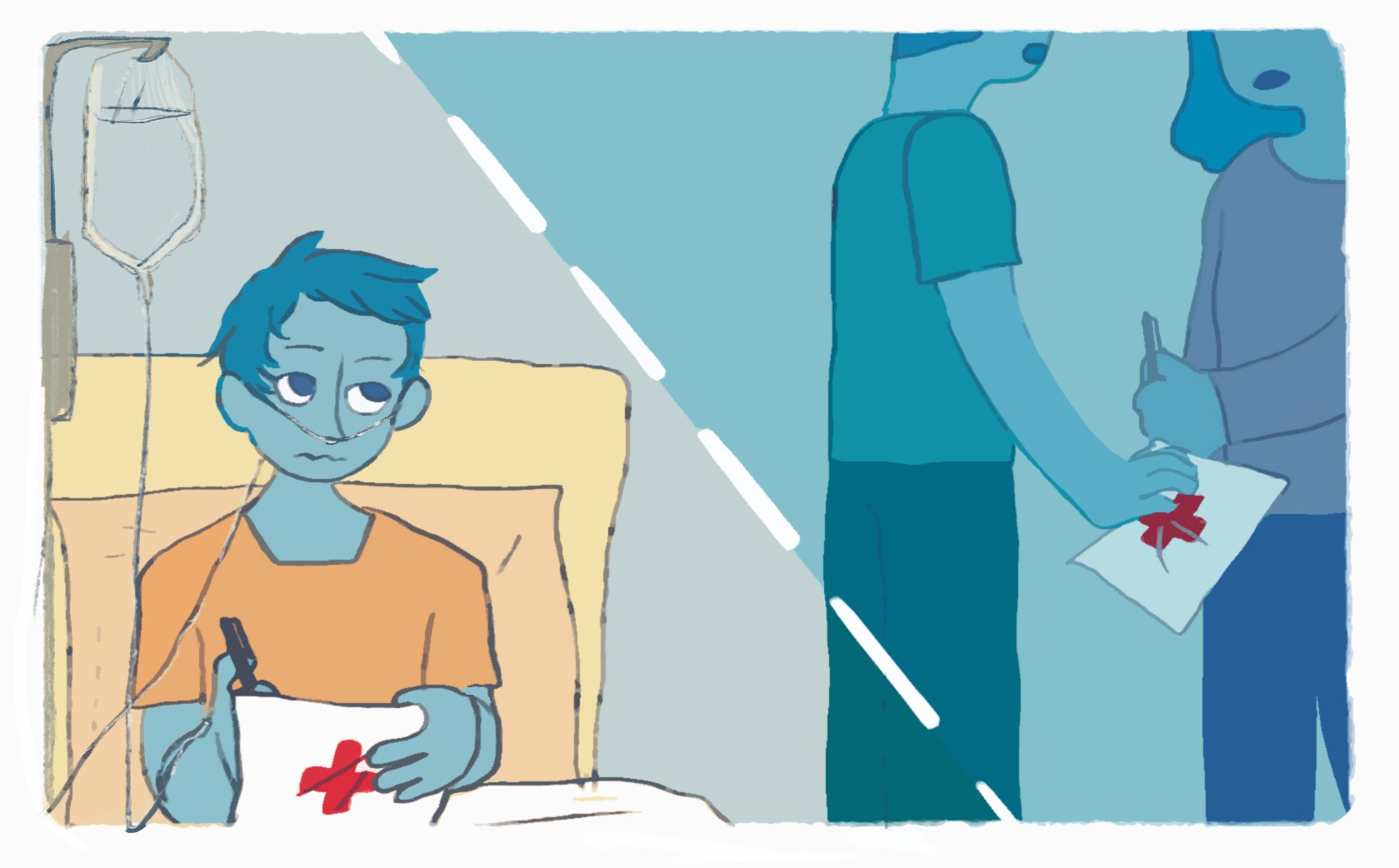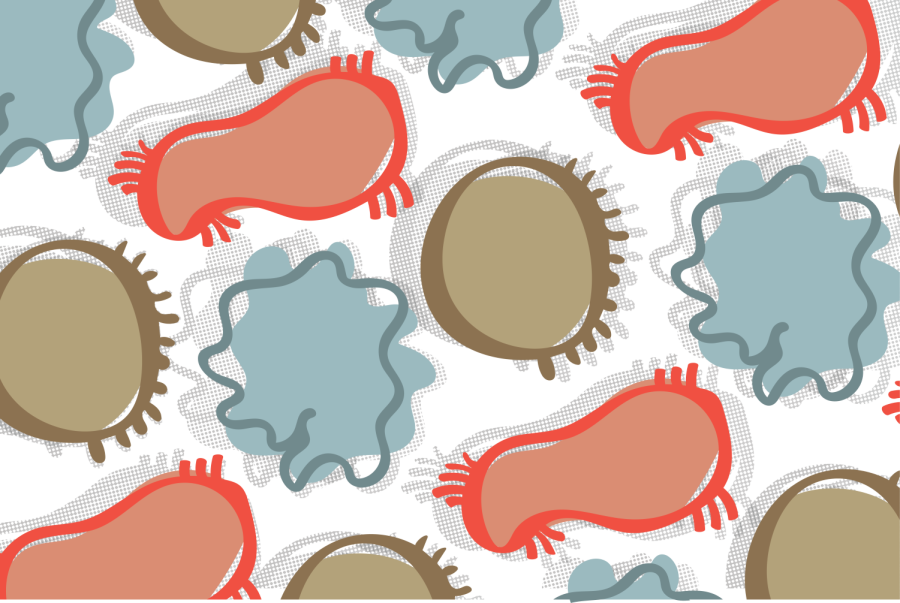The majority of families do not know what their adolescent wants regarding end-of-life cancer care, a University of Minnesota collaborative study found.
The study, published last month in JAMA Network, showed that while 86% percent of adolescents wanted to discuss care options before the illness became life-threatening, only 39% of families were aware of their child’s preference. End-of-life care involves making decisions regarding a patient’s death. Researchers said it is important for adolescents to be given a voice about what care they want.
“I think this has demonstrated that, especially in adolescents with cancer, they’re thinking about things and having feelings about things and not talking about them, and so there’s a lot of opportunity really to help facilitate that level of understanding,” said Jennifer Needle, a researcher and University assistant professor of pediatrics and bioethics.
The study was conducted with 80 adolescent cancer patients between ages 14 and 21 and 80 family members over a span of nearly three years. Researchers are still doing follow-up visits with participants.
According to the study, clinicians often presume that families understand adolescents’ treatment preferences.
“This data is relatively similar to data in adults. If you look at people and their spouse, they’ve done similar studies looking at a married couple or someone and what their parents would want, we find that people think they know. But really when it comes down to it, they don’t know,” she said.
At the University, Needle is taking the study a step further by doing community-based work in the Twin Cities. The work examines advanced care planning methods for children with serious illnesses in immigrant and minority communities of the Twin Cities.
For Sarah Friebert, the director of the Haslinger Pediatric Palliative Care Division at Akron Children’s Hospital in Ohio, it was important to participate in a study that might change physician behavior and break down barriers for children voicing their needs.
“It gives adolescents and young adults a voice in their own healthcare. It’s their bodies and the healthcare journey they’re having. We need to pull back the curtain and not pretend we’re protecting them by not talking about things in front of them,” she said.
Christopher Boys, a pediatric neuropsychologist and University associate professor in the Department of Pediatrics, said many parents tend to think their child will be overwhelmed or not want to talk about end-of-life care.
“What you find is the kids most often, if not always, do want to be involved in the conversation,” he said. “Regardless of the developmental level of the child, there is always an age-appropriate way to have those difficult conversations.”
During the COVID-19 pandemic, Friebert said many people are realizing the importance of knowing the end-of-life wishes of their loved ones.
She said, “Starting a conversation around goals and values and just making that a normal part of a family discussion is really the message here.”






















